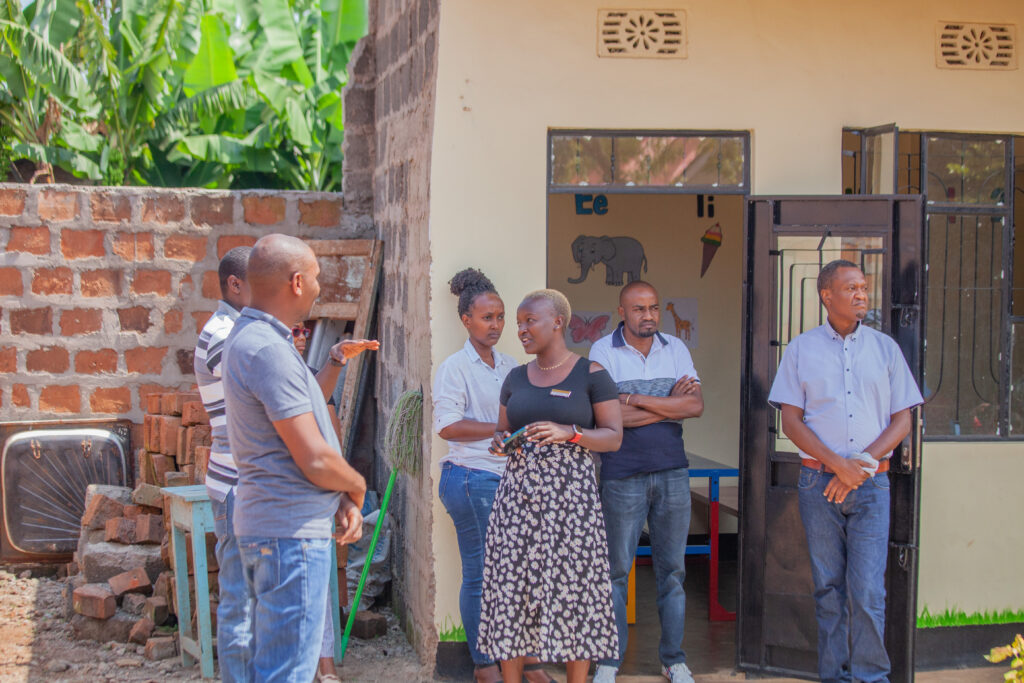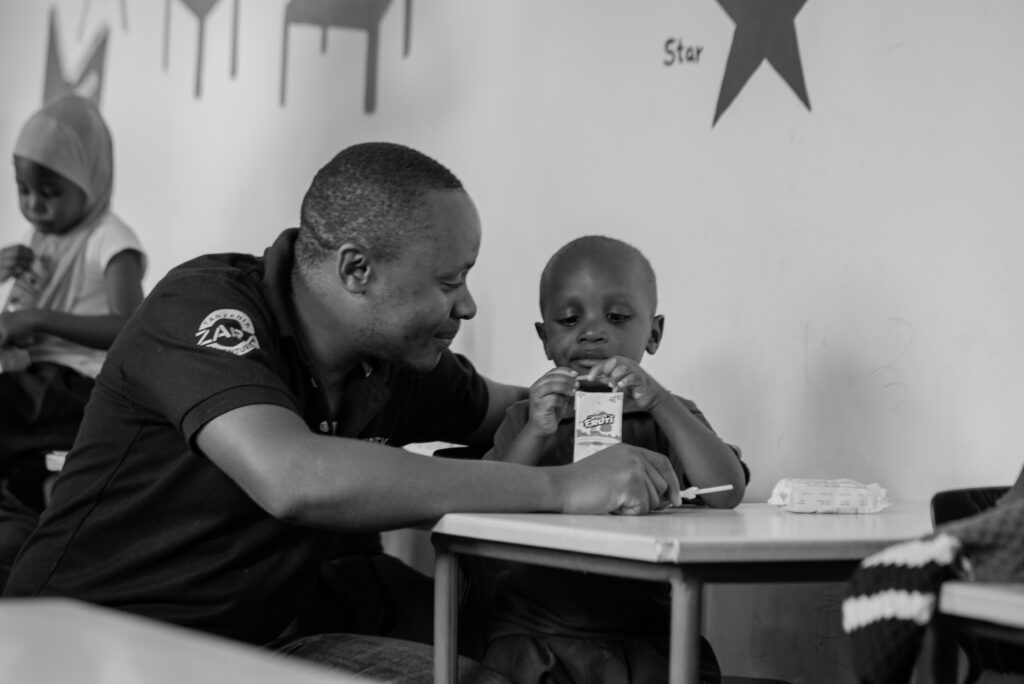Ever wondered if your volunteer efforts are truly helping children in need? It’s a question many compassionate people ask themselves, especially when stories surface about well-meaning volunteers unintentionally causing harm. At Moshi Kids, we believe that volunteering with children can be a powerful force for good—but only if it’s done thoughtfully and ethically. In this post, we’ll explore how you can make a positive, lasting impact while avoiding common pitfalls. Discover the ethical way to volunteer and join Moshi Kids in prioritizing children’s long-term wellbeing.
The Power of Community-Based Support

When it comes to volunteering with children, community-based support is the gold standard for ethical impact. Unlike traditional orphanage programs, which can sometimes separate children from their families or create dependency on external aid, community-based initiatives strengthen the very fabric of local society. These programs focus on empowering families, schools, and local leaders to care for their children sustainably.
Why Community-Based Support Works
Sustainability: By investing in local infrastructure—like schools, healthcare, and family services—volunteers help create systems that last long after they’ve left.
Family Preservation: Ethical programs prioritize keeping families together, addressing root causes like poverty rather than removing children from their homes.
Local Empowerment: Community-based projects give local leaders and parents the tools they need to support their children, fostering independence and resilience.
For example, Moshi Kids partners with local schools and after-school programs to provide educational resources and mentorship. This approach not only helps children thrive academically but also keeps them connected to their families and communities.
Embracing Cultural Sensitivity

Volunteering ethically means more than just good intentions—it requires cultural sensitivity. Every community has its own values, traditions, and ways of caring for children. As a volunteer, it’s essential to respect these differences and avoid imposing your own beliefs or practices.
Tips for Being Culturally Sensitive
Learn Before You Go: Take time to understand the local customs, language, and social norms of the community you’ll be working with.
Listen and Observe: Let local leaders and families guide your actions. They know what’s best for their children.
Avoid Assumptions: Don’t assume that your way is the “right” way. Be open to different approaches to childcare, education, and family life.
Imposing outside values can disrupt local dynamics and even cause harm. At Moshi Kids, we train our volunteers to approach every project with humility and respect for the communities we serve.
Doing Your Due Diligence

Not all volunteer programs are created equal. Some organizations, unfortunately, exploit children’s situations for profit or publicity. That’s why due diligence is critical when choosing where to volunteer. By researching organizations thoroughly, you can ensure your efforts contribute to real, positive change.
How to Choose an Ethical Volunteer Program
Look for Transparency: Ethical organizations are open about their practices, funding, and impact. They should provide clear information on how volunteers are used and how children are protected.
Check for Community Partnerships: Programs that work closely with local leaders and families are more likely to have a sustainable, positive impact.
Avoid Red Flags: Be wary of organizations that promise “life-changing” experiences without emphasizing the children’s wellbeing or that focus heavily on orphanage visits.
Moshi Kids is committed to transparency and ethical practices. We partner with local communities to ensure our programs are designed with children’s long-term wellbeing in mind.
Ethical Alternatives in Action
So, what does ethical volunteering look like in practice? Here are some powerful alternatives to traditional orphanage-focused programs that prioritize children’s futures:
1. Education Programs
Supporting local schools, literacy initiatives, or after-school tutoring helps children gain the skills they need to succeed—all while staying connected to their families. Moshi Kids, for example, runs mentorship programs that pair volunteers with local teachers to enhance classroom learning.
2. Healthcare Initiatives
Many children face health challenges due to limited access to medical care. Ethical programs focus on improving healthcare for entire communities, ensuring families can stay healthy and together. Volunteers might assist with vaccination drives or health education workshops.
3. Community Development Projects
By providing resources and training to parents and local leaders, volunteers can help build stronger support networks for children. Moshi Kids’ community workshops, for instance, teach parenting skills and financial literacy to empower families.
These initiatives not only address immediate needs but also create lasting change. As one Moshi Kids beneficiary shared, “The support we received didn’t just help my child—it helped our whole village grow stronger.”
Making a Real Difference, the Right Way
Volunteering with children can be a transformative experience for both the volunteer and the community—if done thoughtfully. By focusing on community-based initiatives, embracing cultural sensitivity, and doing your due diligence, you can ensure your efforts make a positive, lasting impact. At Moshi Kids, we’re committed to ethical volunteering that prioritizes children’s long-term wellbeing. Join us in making a difference the right way.
Ready to Make a Difference?
Ready to make a difference? Get involved with Moshi Kids today or share this blog post to spread the word about ethical volunteering. Together, we can create a brighter future for children around the world.

